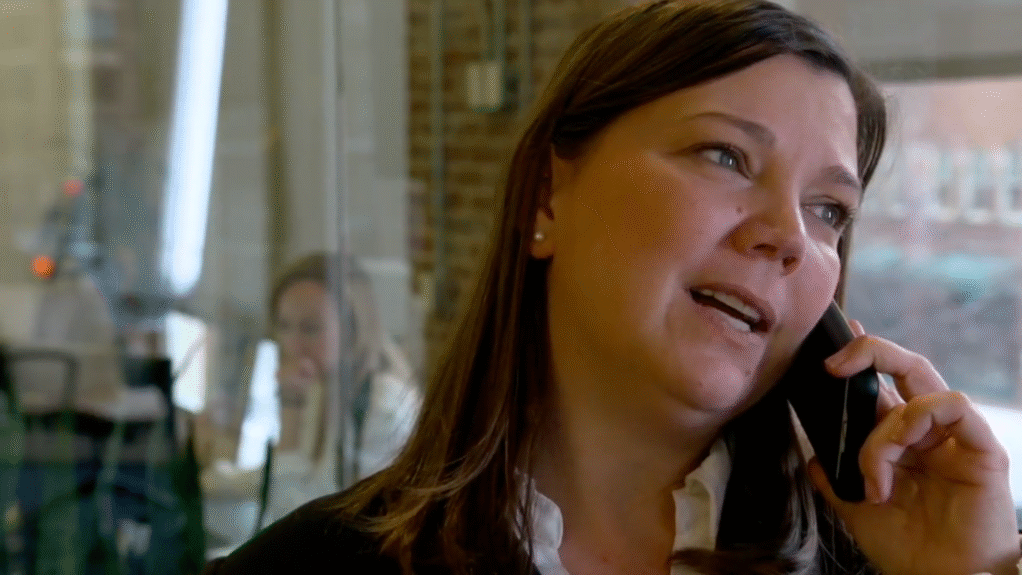
Crystal Rhoades Joins the Race: A Local Perspective on Nebraska's 2nd District
As the political landscape continues to shift in Nebraska, Crystal Rhoades, the recently elected clerk of Douglas County District Court, has officially announced her candidacy to represent the state's 2nd Congressional District. Rhoades becomes the sixth Democrat vying for the position, which has opened up following the retirement of long-serving Republican Congressman Don Bacon.
For many homeowners and renters in Omaha, including young families and tech-savvy professionals, Rhoades’ campaign may resonate more than just politically. She draws on personal experiences, noting in her announcement that programs like Medicaid were crucial for her education and child-rearing. Her message, highlighting the need for government support rather than tax breaks for the wealthy, could reflect the concerns of many in the community seeking stability amidst economic uncertainty.
The Shifting Political Landscape: Opportunities for Change
With Bacon’s departure, Nebraska's 2nd Congressional District, characterized by its moderate yet competitive nature, presents a unique opportunity for Democrats. The district's recent electoral history shows a split voting pattern—a Democratic presidential candidate successfully won votes alongside a Republican House representative in 2024. This anomaly illustrates the community's nuanced political preferences and the potential for change that candidates like Rhoades could capitalize on.
The significance of community-centered issues is paramount, especially for those living in urban and suburban Omaha. For young professionals looking to settle down and first-time homebuyers seeking affordable options, candidates who prioritize health and economic welfare may find favor. The emerging rhetoric surrounding Rhoades' candidacy echoes similar sentiments expressed during previous local campaigns, which focused on the needs of everyday families over corporate interests.
Meet the Competition: A Diverse Field of Candidates
Rhoades joins a growing list of notable figures in this Democratic primary, which includes State Senator John Cavanaugh and community leader Denise Powell. Each candidate brings unique backgrounds and perspectives—an element that could appeal to various demographics within Omaha. With these options, Omaha families, including those who identify as eco-conscious homeowners or pet owners, can examine which candidate best aligns with their values and needs.
The Republicans also have significant contenders in Brett Lindstrom and Brinker Harding, who will provide a counterbalance to the Democratic candidates. The presence of two competitive parties only enhances the stakes, encouraging voters to engage actively in the political discourse leading up to the 2026 midterms.
What This Means for Omaha Residents
With this influx of candidates, Omaha's community members stand at the threshold of potential transformation. As the race unfolds, homeowners and renters alike should inquire what each candidate will prioritize—be it infrastructure enhancements for fiber internet users, smart home developments for tech-savvy seniors, or environmental policies for those interested in green living.
This election isn’t just about political preferences; it’s about the future of everyday life in Omaha. For streaming households, remote workers, and DIY enthusiasts, understanding each candidate's platform can empower them to make informed decisions that tangibly affect their lives. It's crucial to assess which candidate will advocate for their needs, both in policy and community engagement.
Engaging the Local Community: The Power of Voter Participation
The exciting emergence of new candidates in Nebraska’s 2nd Congressional District highlights the importance of informed voter participation. Engaging in local politics helps mold a responsive government aligned with community needs. For families, young professionals, and pet owners, understanding the stakes in this electoral race could precipitate meaningful changes in local governance and support systems.
As the dynamics in Omaha shift, timely participation in the democratic process can enhance civic engagement while ensuring that diverse voices shape the policies impacting daily lives. This is an ideal moment for Omaha parents and young families to amplify their concerns and needs, contributing to a rich dialogue within their neighborhoods.
 Add Row
Add Row  Add
Add 




Write A Comment